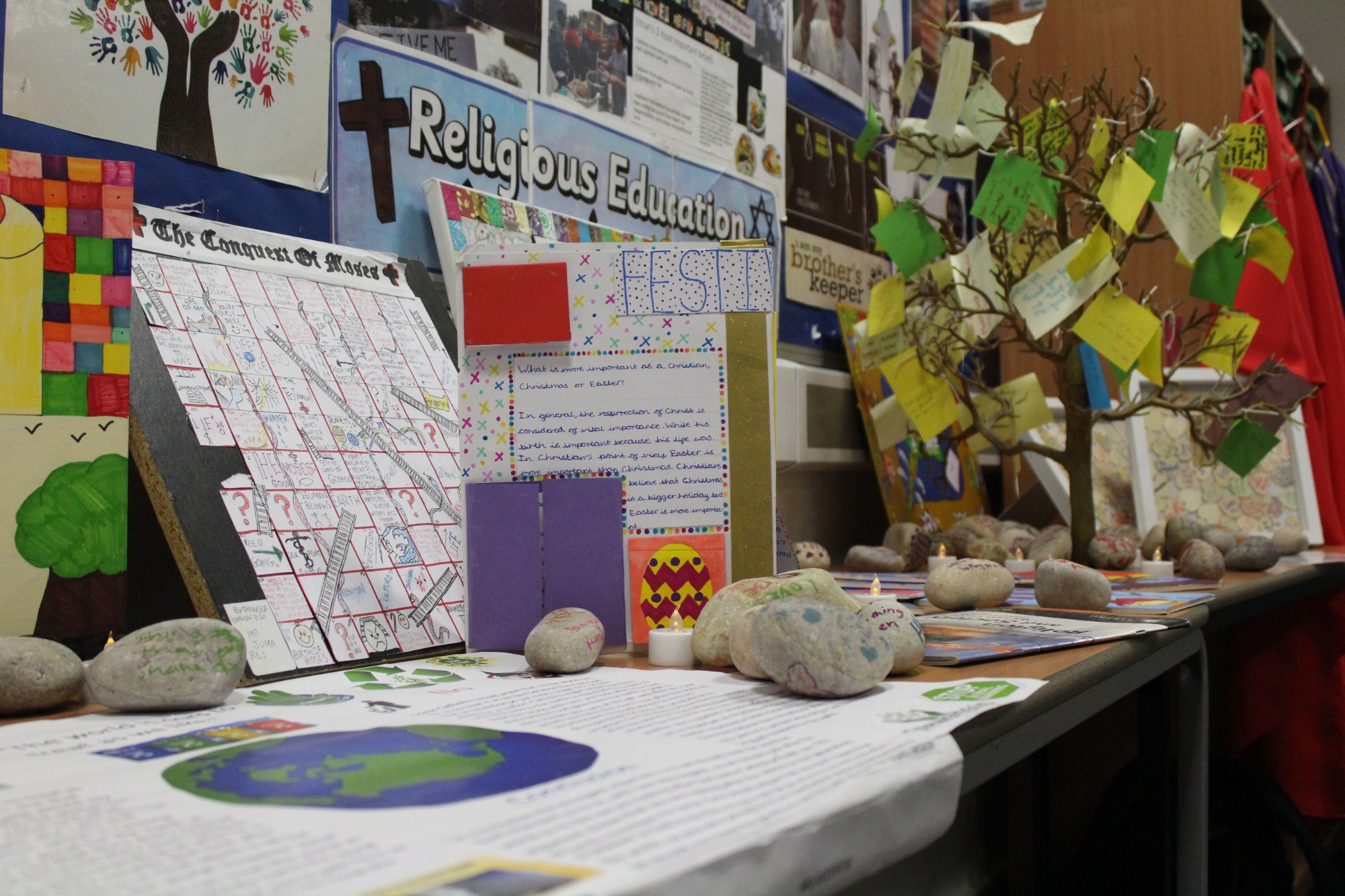Geography
Curriculum Intent
Within Geography, our intention is to promote and encourage a love of learning about the Earth on which we live. Everything in life is connected to Geography in some way. Through the subject of Geography our intention is to allow students to make those links and explore the world around them in greater detail. Indeed, this exploration seeks to encourage students to think about their planet critically and from different perspectives. With a balance between physical and human geography students gain an appreciation for the natural world and the role that humans play, as well as their impact. Resources are regularly updated by subject specialists and shared as a department to ensure that students access an enriching and consistent curriculum both inside and outside of the classroom.
At KS3 students study a range of topics, both human and physical, to provide students with a breadth of geographical learning. Skills are introduced at KS3 that are applicable to learning later in the students’ careers in geography and other subjects. These skills include description, explanation, evaluation, critical analysis and justification of personal viewpoints. Topic based learning introduces students to numerous areas of the subject, with learning sequenced carefully to build upon prior learning. Furthermore, topics are carefully linked to study at KS4 and staff explain this to students so that they understand ‘why’ they are learning specific content and ‘how’ it fits within their geography learning.
At KS4 we build on many of the skills and topics introduced at KS3. We follow the AQA GCSE curriculum which provides the framework of ‘what’ the students will be learning. In year 9 students are taught both physical and human topics to further extend their learning from years 7 and 8 and introduce them to the most accessible GCSE topics. In year 10 a focus is made on human geography, including a fieldtrip to London in order for students to place their learning in the real world. In year 11 a focus is made of physical geography, which features some of the most academically challenging themes of the course, and a fieldtrip to the coast to further support learning within the classroom. This deeper focus of human and physical geography, in years 10 and 11 respectively, enables a greater examination focus of these individual GCSE papers and their connecting themes.
Moving into KS5, many of the overarching themes from GCSE are further explored at A Level with greater opportunities for discussion and debate. Up to date examples and consideration of global news ensures that students are fully aware of current events. The course is divided into physical and human geographical elements and is taught by staff with specific specialisms in these areas.

